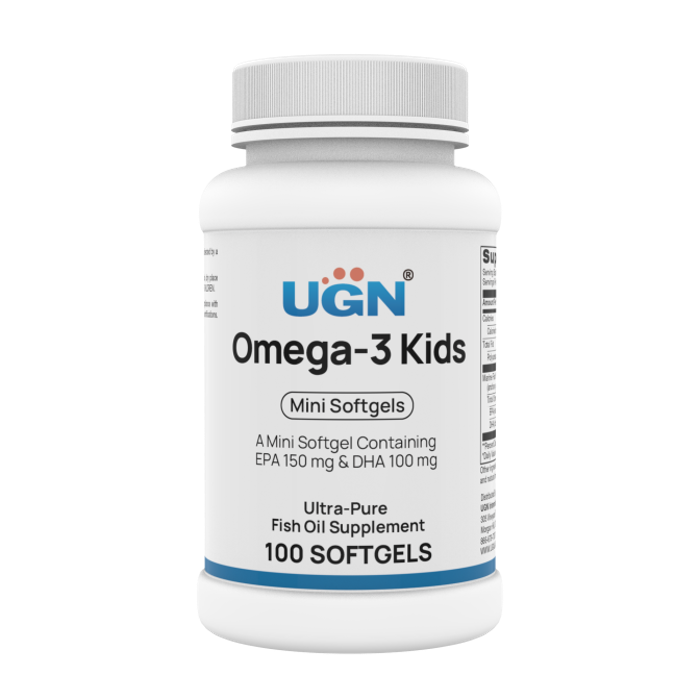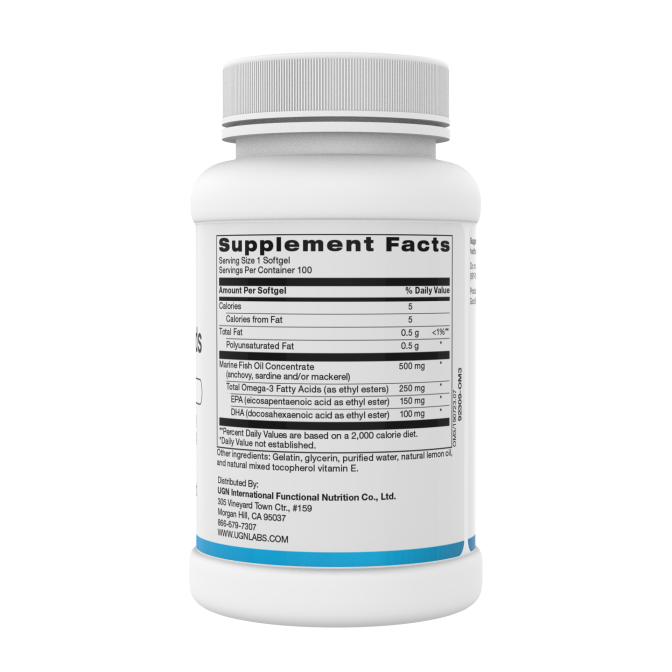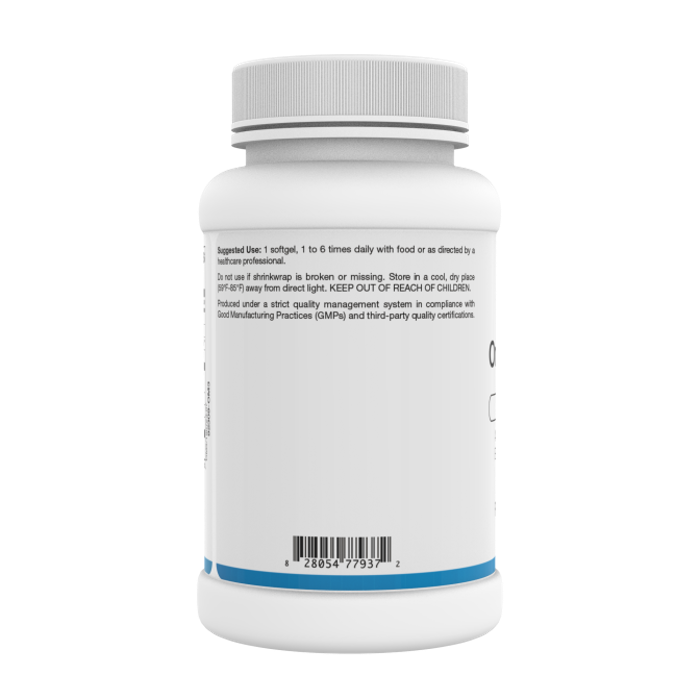



Omega-3 fatty acids are essential cornerstones of human nutrition. They are deemed "essential" because we need them for proper health, but cannot produce them on our own. We must therefore consume these fats through diet or supplementation. Omega-3 fatty acids are required for a number of body functions, from proper blood flow to brain development; these long-chain fatty acids are integral components of tissues and organ systems throughout the body, including the heart, skin, joints, eyes and immune system.
In nature, omega-3s occur as alpha linolenic acid (ALA), found mostly in plants, and as long chain EPA and DHA, which primarily originate from cold-water fish. The body is able to slowly convert the shorter chain ALA to the more active long chain, EPA and DHA. However, many people lack the enzymes delta-5 and delta-6 desaturase necessary to make the conversion, making a higher dietary intake of EPA and DHA necessary. In addition, major changes in Western diet over the last century have led to a decrease in the general consumption of omega-3 fatty acids, and a dramatic increase in the dietary ratio of omega-6:omega-3.
1. Connor WE. Importance of n-3 fatty acids in health and disease. Am J Clin Nutr. 2000 Jan;71(1 Suppl):171S-5S.
2. Firuzi O, Shakibazad N, Amoozgar H, Borzoee M, Abtahi S, Ajami G, Ardi P, Miri R. Effects of omega-3 polyunsaturated Fatty acids on heart function and oxidative stress biomarkers in pediatric patients with dilated cardiomyopathy. Int Cardiovasc Res J. 2013 Mar;7(1):8-14.
3. Montgomery P, Burton JR, Sewell RP, Spreckelsen TF, Richardson AJ. Low Blood Long Chain Omega-3 Fatty Acids in UK Children Are Associated with Poor Cognitive Performance and Behavior: A Cross-Sectional Analysis from the DOLAB Study. PLoS One. 2013 Jun 24;8(6):e66697.
4. Milte CM, Parletta N, Buckley JD, Coates AM, Young RM, Howe PR. Increased Erythrocyte Eicosapentaenoic Acid and Docosahexaenoic Acid Are Associated With Improved Attention and Behavior in Children With ADHD in a Randomized Controlled Three-Way Crossover Trial. J Atten Disord. 2013 Nov 8.
5. Kuratko CN, Barrett EC, Nelson EB, Salem N Jr. The relationship of docosahexaenoic acid (DHA) with learning and behavior in healthy children: a review. 2013 Jul 19;5(7):2777-810.
6. Jacques C, Levy E, Muckle G, Jacobson SW, Bastien C, Dewailly E, Ayotte P, Jacobson JL, Saint-Amour D.J. Long-term effects of prenatal omega-3 fatty acid intake on visual function in school-age children. Pediatr. 2011 Jan;158(1):83-90, 90.e1.